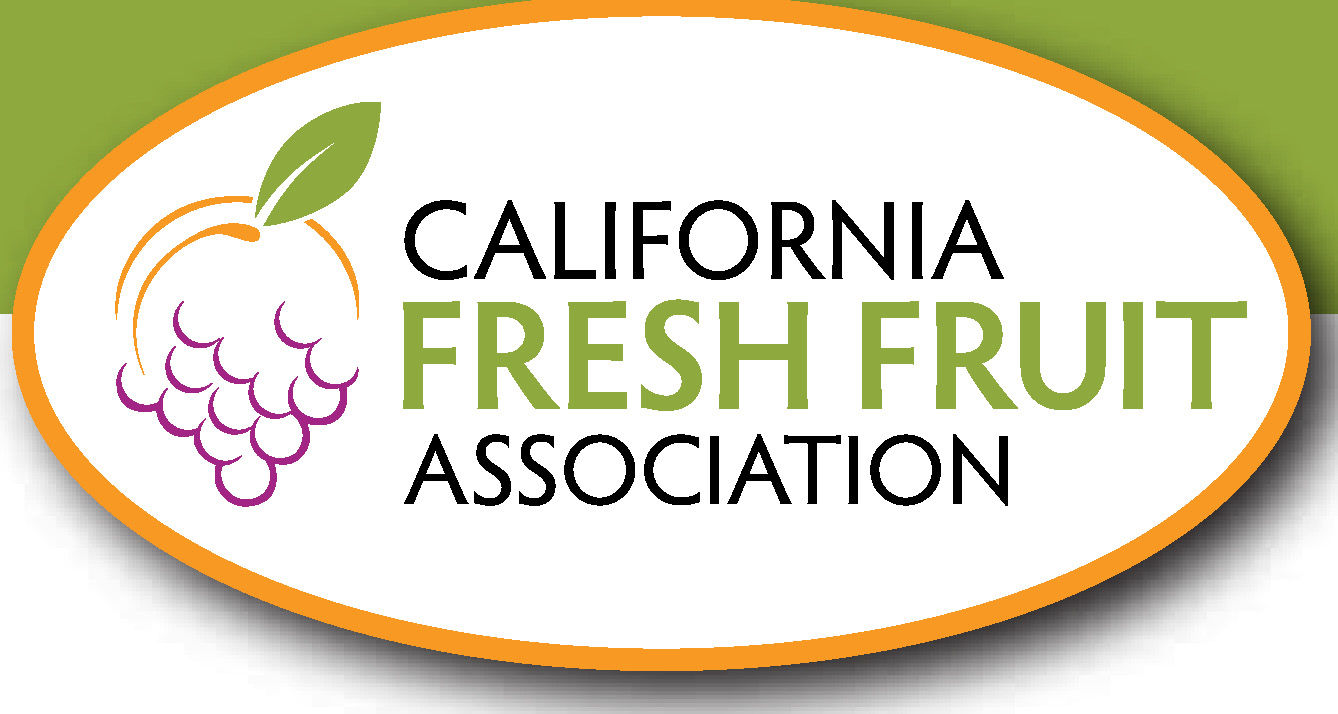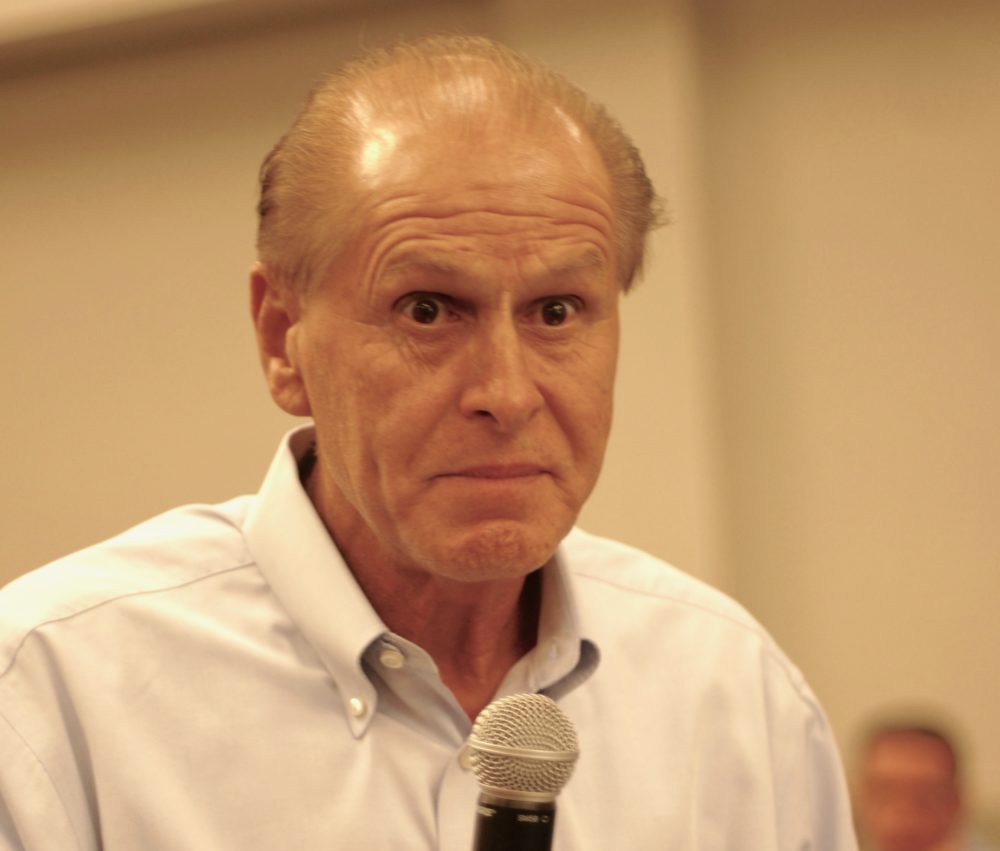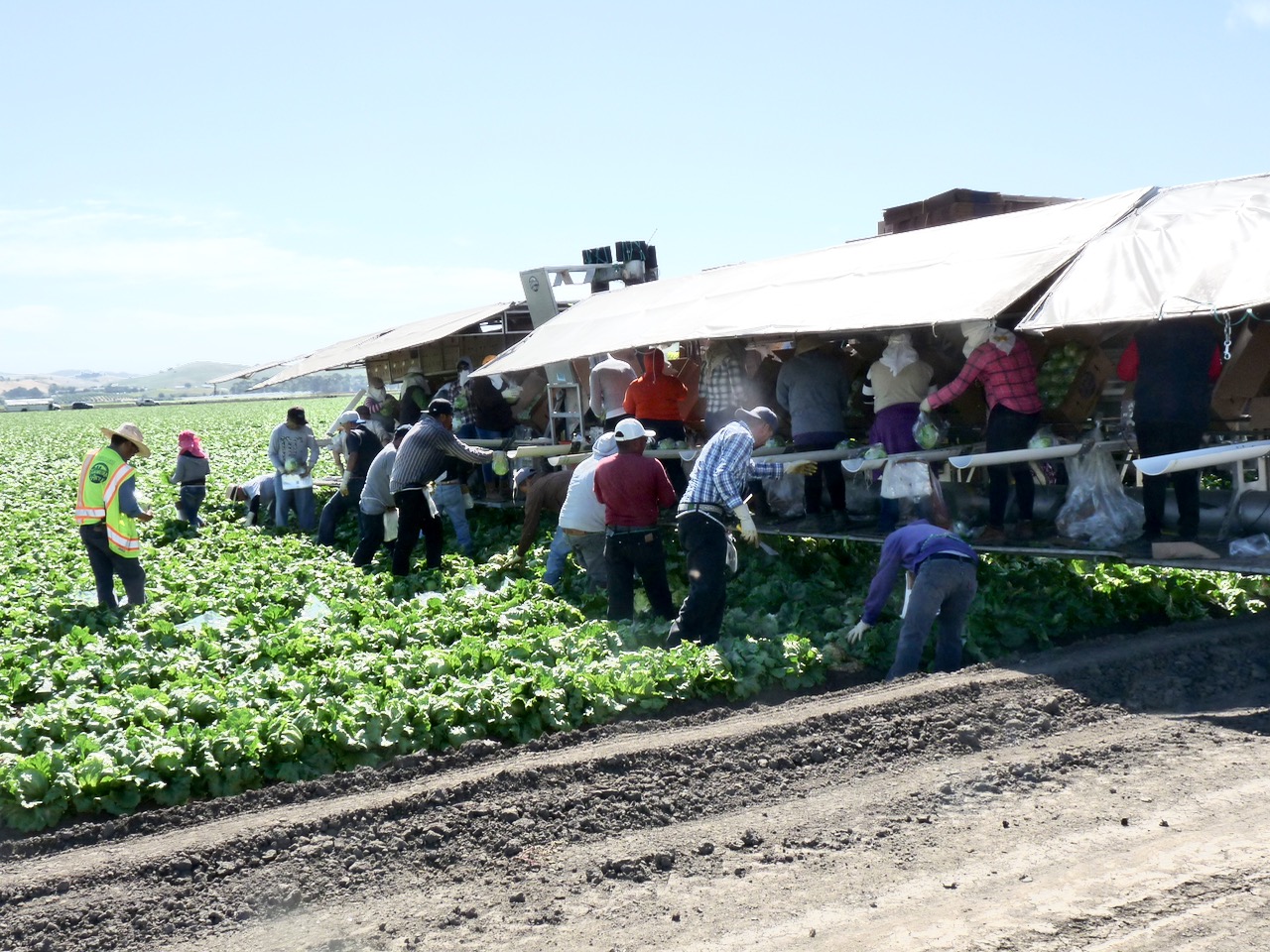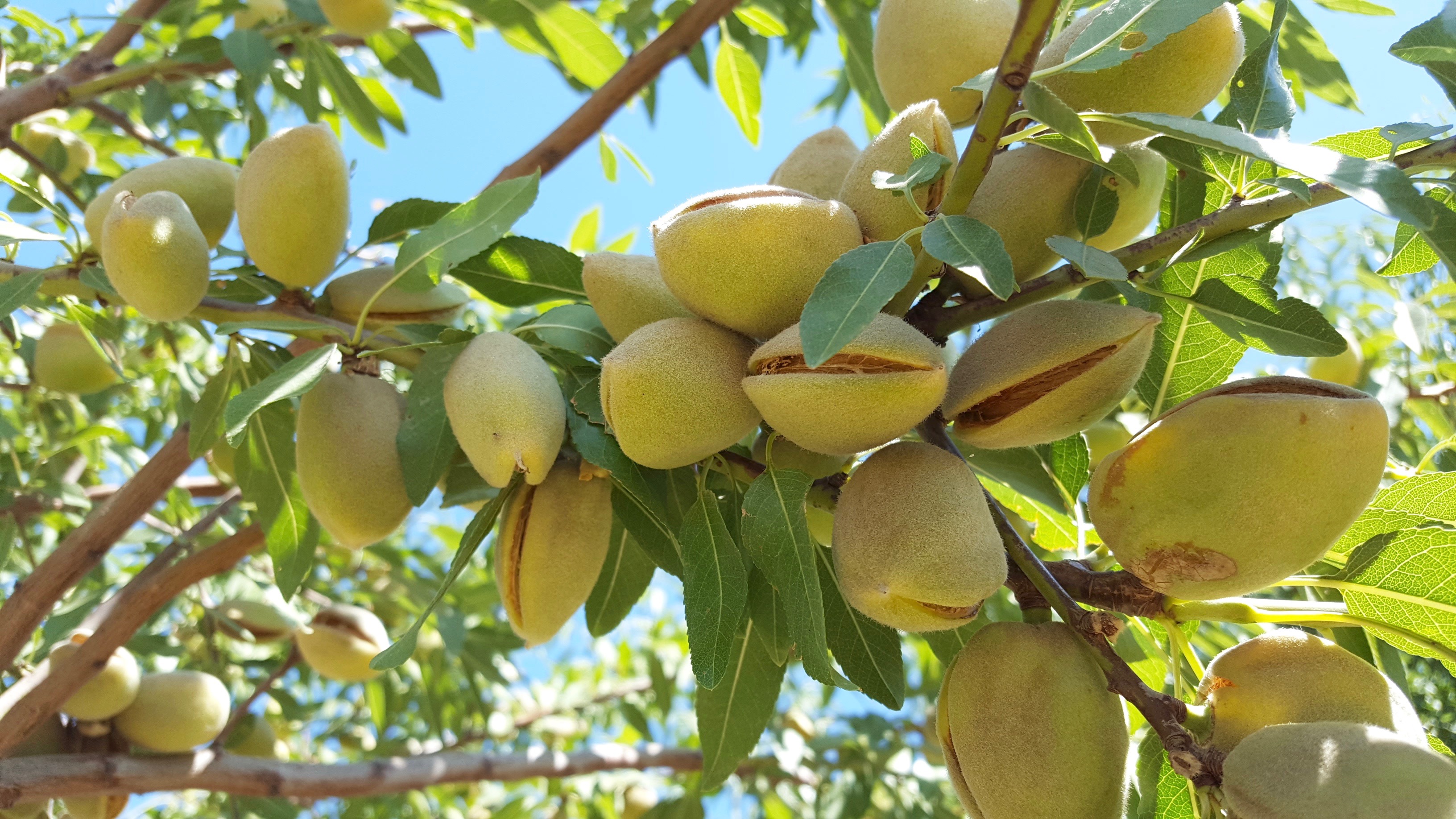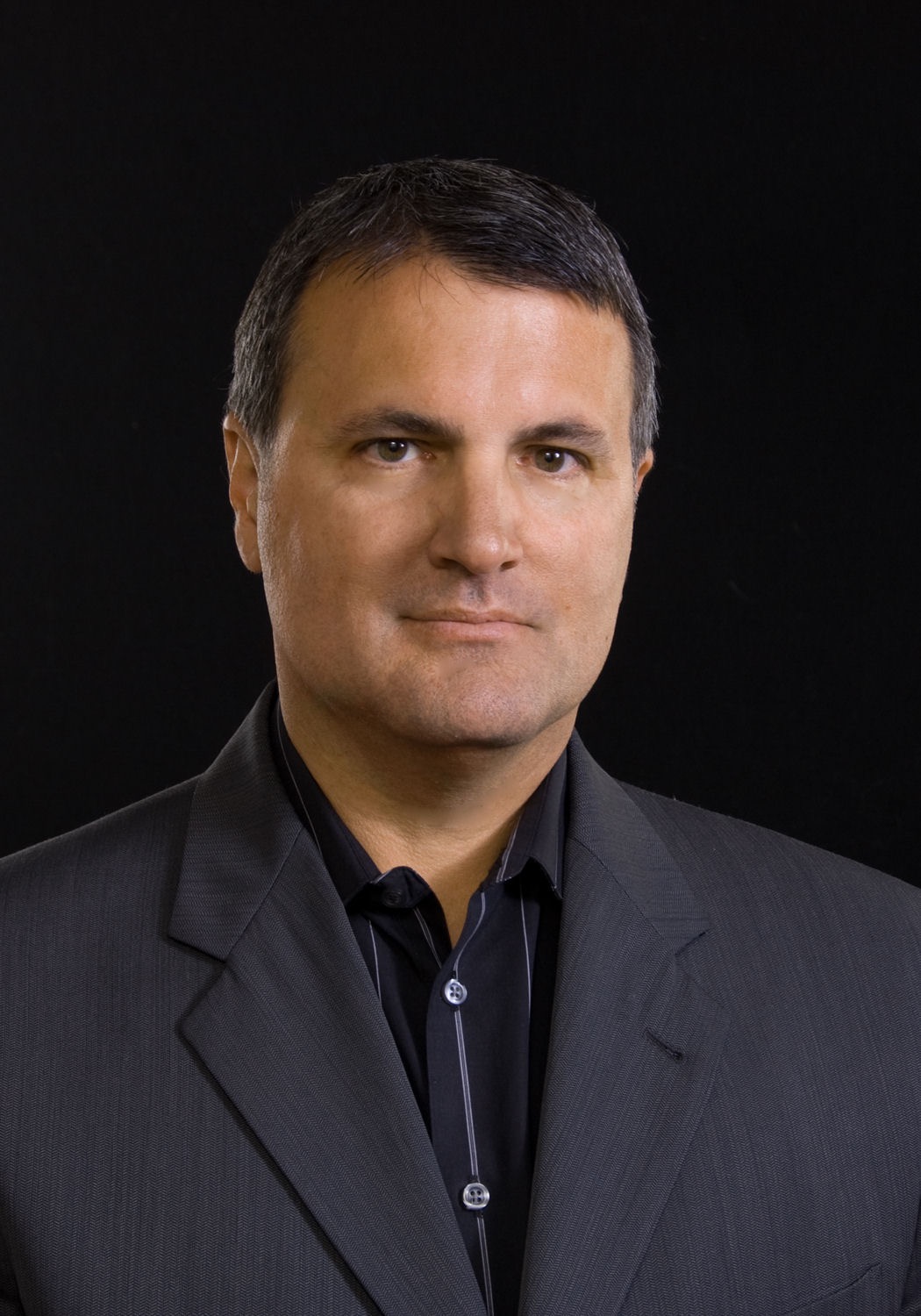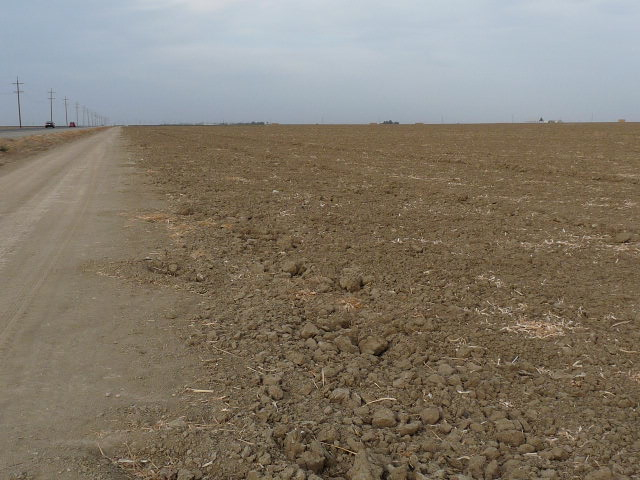California Fresh Fruit Association: Kroger Must Not Adopt Net 90 Payment Plan
Kroger’s Net 90 Payment Intention Will Hurt California Farmers
By Patrick Cavanaugh, Editor
The California Fresh Fruit Association told California Ag Today recently that they do not want to see any relaxation or easing of Kroger Supermarket Chain in what they announced as a 90-day payment intention for all vendors.
“What our industry wants to see is Kroger to withdraw this proposal and to go back to the 30 day payment period,” said Ian LeMay, Director of Member Relations and Communications with the California Fresh Fruit Association in Fresno.
Kroger is the largest supermarket chain in the U.S,. spanning the East, South, and Midwest, and they have stated that they want a net 90 day payment plan on all vendors, including the farmers in California, which provides up to 70% of the fruits and vegetables and 100% of the nut crops that consumers enjoy throughout the year.
As to why Kroger is going this way? It’s most likely to help on their cash flow.
“That’s not necessarily the prerogative or needs to be the interest of our shippers. The shippers have a payroll to make and other bills to pay and they don’t need to carry that credit for Kroger,” LeMay said. “It’s just not good business and not to mention, we’re dealing with multiple commodities with many of our commodities, with a harvest that does not last many weeks. I mean, cherries here in California are six weeks long, so they’re supposed to carry that credit longer than their own season? It just, that doesn’t make sense.”
And making matters worse is that Kroger is even asking farmers to forfeit their rights under the Perishable Agricultural Commodities Act, created by Congress to specifically protect the perishable fresh fruit industry. The act states that payments must be made in 30 days.
“Their answer to that … [is] that they’re partnering with Citibank and that … if you want an expedited payment, then you would have to basically pay upwards of .72 percent on the money you’re owed, so you’re actually going to have to pay money to get money back,” LeMay explained.
LeMay said he thinks when two people are doing business with each other, there’s an expectation that they will keep agreements between each other.
“This is not what California shippers agreed upon. Kroger wants to force this on then. We would like to see Kroger withdraw and hold true to PACA,” he said.

